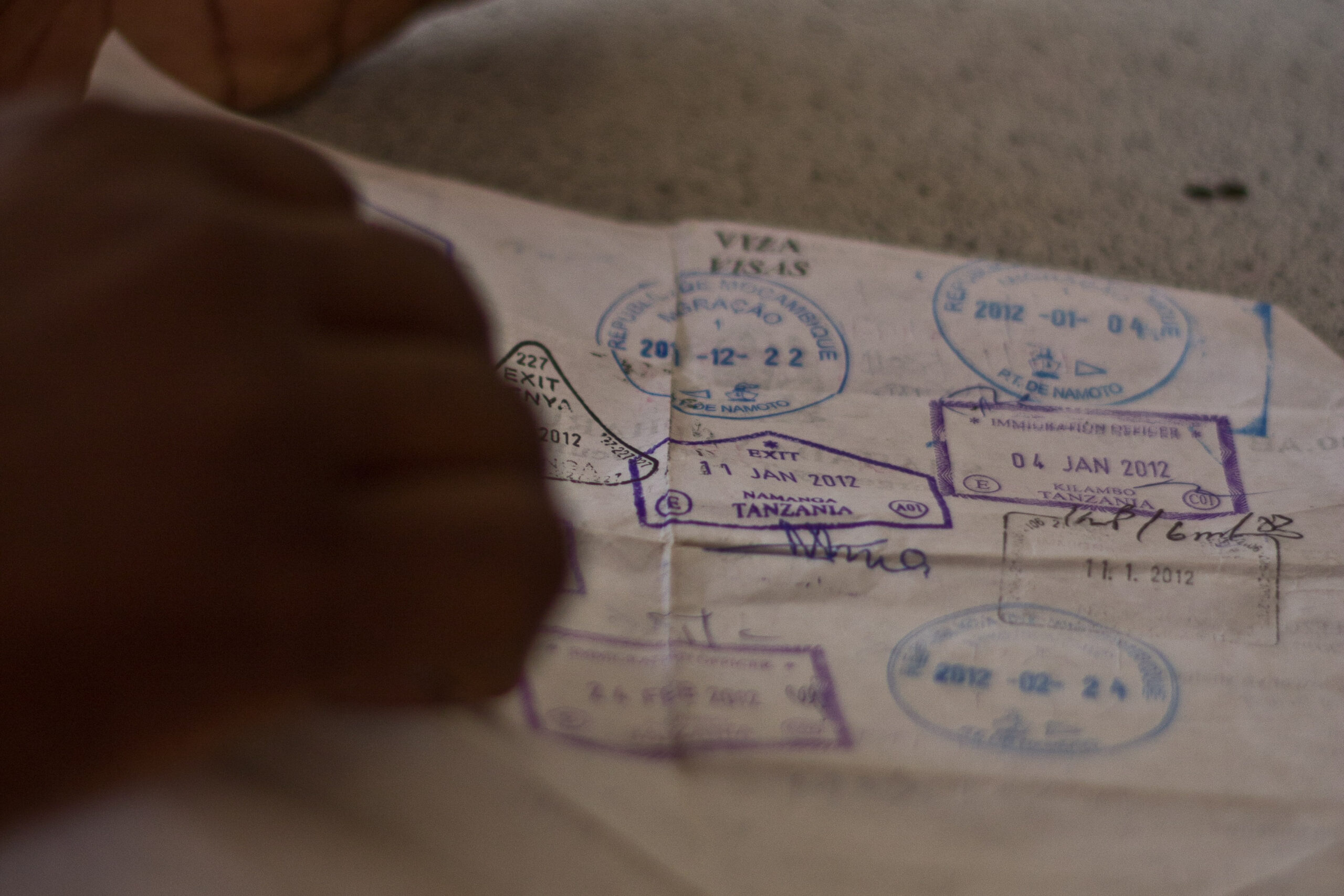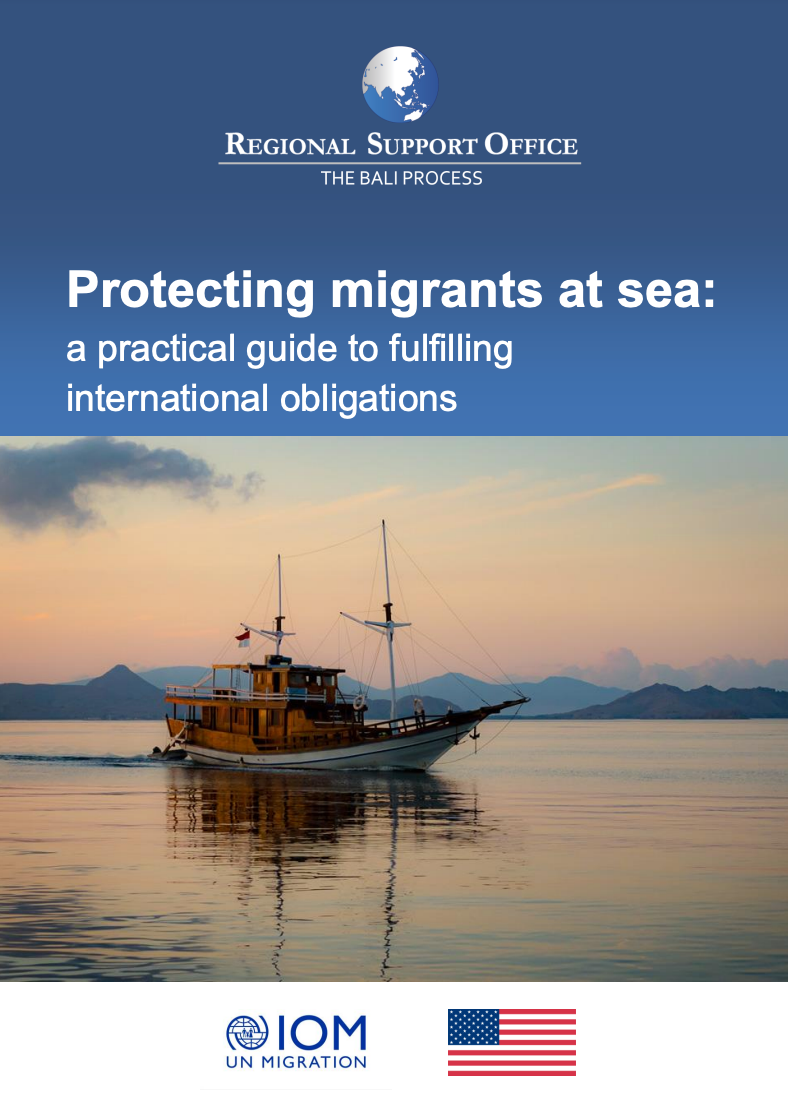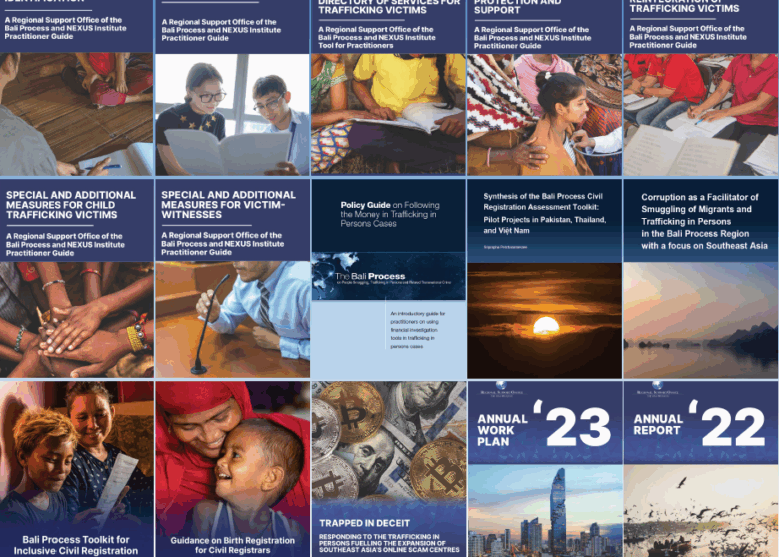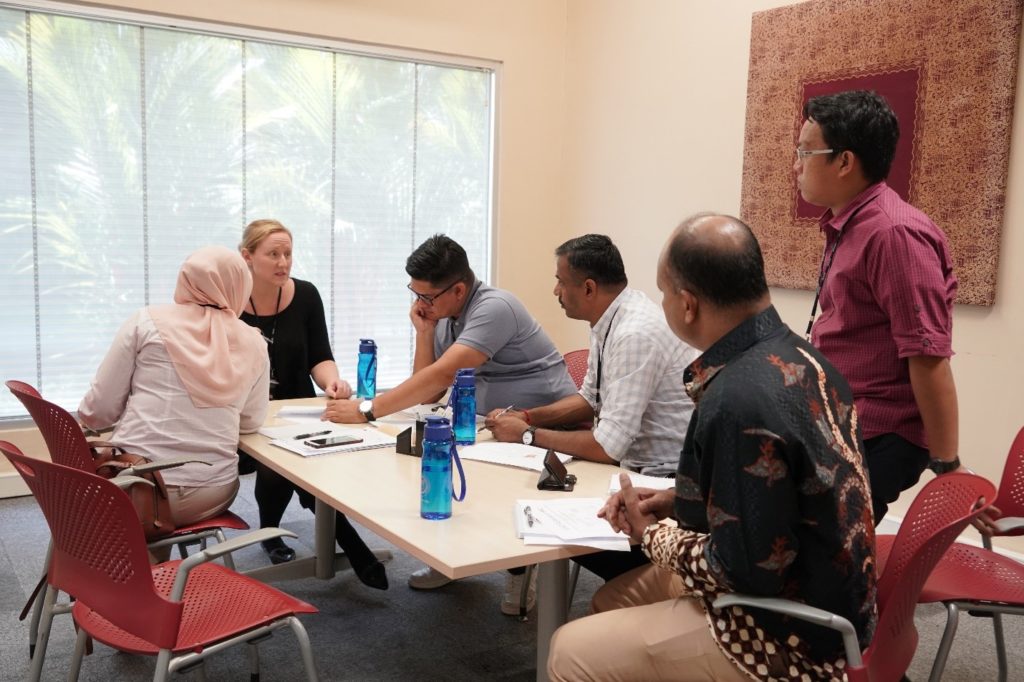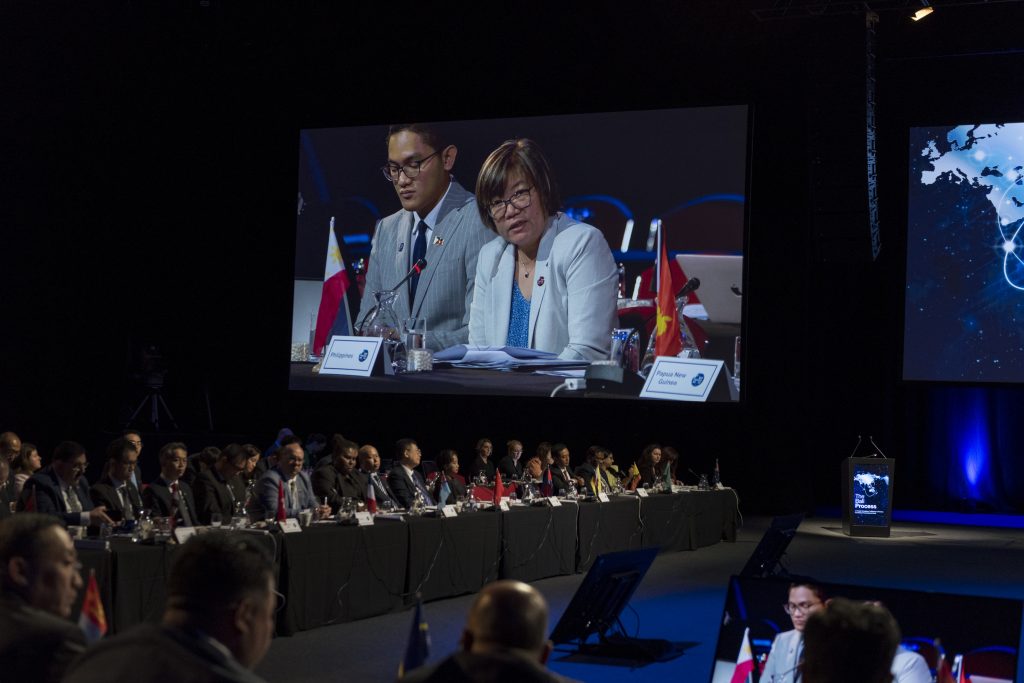
Across the world, countries are facing increasingly complex challenges related to irregular migration, driven by humanitarian disasters, conflict, political instability, and economic inequality. People smugglers facilitate the illegal entry of others into foreign countries through a range of methods, including producing or providing fraudulent travel or identity documents, bribing officials, and arranging secret transport across international borders. These complex criminal networks exploit individuals seeking better opportunities, charging high fees for dangerous journeys and exposing people to further risks, including trafficking in persons.
In this context, the Bali Process plays a vital role in strengthening cooperation and dialogue among Members and Observers. By tackling criminal networks, upholding migrant rights, supporting registration and integration, and reducing exploitation, the Bali Process helps countries respond more effectively to the evolving challenges of irregular migration.
Border and Migration Management
Challenges related to geography, fragmented systems, limited resources, and corruption often converge at borders, weakening the effectiveness of border management and security frameworks. These vulnerabilities are frequently exploited by those involved in human trafficking and migrant smuggling, whose sophisticated and continually evolving operations make it difficult for governments to respond effectively. In this context, the work of the Bali Process on People Smuggling, Trafficking in Persons and Related Transnational Crime is critical.
By promoting regional cooperation, capacity-building, and the sharing of best practices, the Bali Process helps member countries strengthen border integrity, enhance detection and interdiction efforts, and address the complex, cross-border nature of trafficking and smuggling networks. This collaborative approach supports governments in anticipating and adapting to emerging threats, ensuring that border and migration management frameworks remain resilient in the face of increasingly sophisticated criminal activity.
